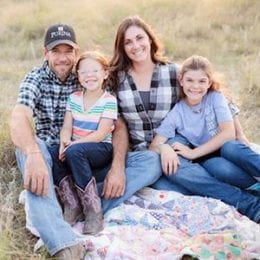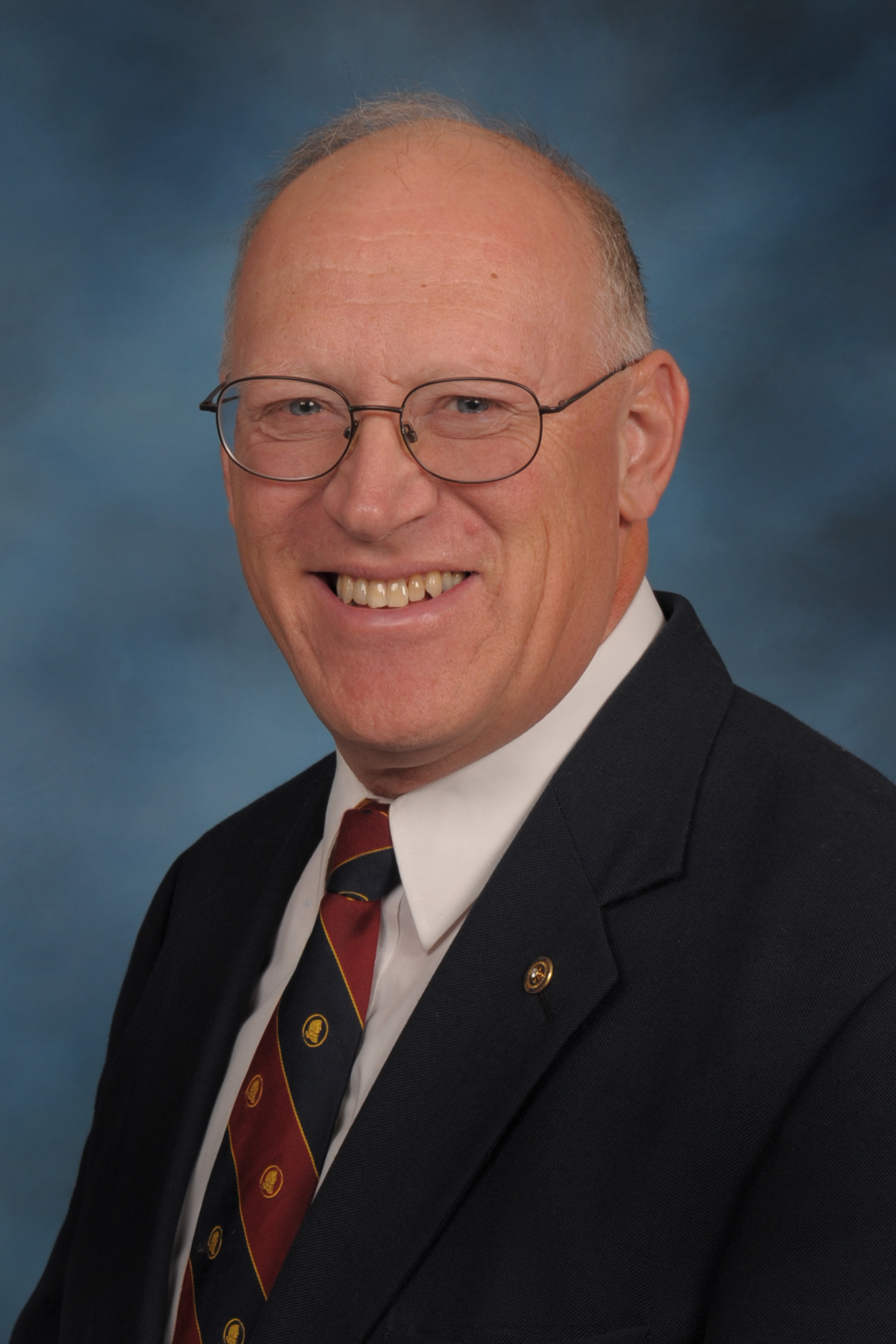“California girls.” Does that bring to mind blonde hair and sandy beaches?

Today we’ll meet a young woman from California with interests beyond the beachfront. She developed an interest in agriculture, married a Kansan, and made her way to the Sunflower State where the couple is adding value to their family beef operation through direct-to-consumer marketing.
Myndi and Jason Krafft are the owners of Krafft Beef in Phillips County. Jason is a fifth-generation farmer and rancher. He grew up farming with his dad, grandfather, and uncle and was active in 4-H and FFA. He made the livestock judging team at Colby Community College and then the team at Cal Poly in California. He met Myndi in an animal science class.
Myndi had grown up in southern California. Her family had a garden and backyard chickens. Her great grandfather had farmed near Enid, Okla. and Liberal, Kan.
“I remembered his stories and I became interested in where our food comes from,” Myndi said. She studied agriculture at Cal Poly, met and married Jason, and earned her ag teaching credentials plus a masters degree.
“I was an ag teacher for 10 years in the bay area,” Myndi said. She team-taught soil chemistry and a sustainable ag biology class which counted toward the students’ science requirements. “Agriculture is science,” Myndi said.
Jason worked with a veterinarian who specialized in embryo transfer of high quality beef seedstock. He had learned beef cow artificial insemination at K-State’s Kansas Artificial Breeding Service Unit in Manhattan, among other places, and worked across the west coast.
By 2017, the Kraffts had daughters Kinley and Kensi who were five and two years old, respectively. “We were living in a bedroom community about 1-2 hours from Silicon Valley and San Francisco,” Jason said. They chose to move to Phillips County to be closer to family and to raise their daughters in the rural countryside of Kansas.
Their farm is outside the rural community of Phillipsburg, population 2,581 people. Now, that’s rural.
“I loved it right away,” Myndi said. “It’s so much nicer, compared to the traffic in California,” Myndi said. In fact, Phillipsburg’s total population is smaller than the student population at the school where Myndi had taught.
The Kraffts have a livestock and grain farm, raising hay and grain to go with the cow-calf operation plus feeding steers.
“When we lived in California, Jason’s parents would send us a half of beef, and our friends would rave about how good it was,” Myndi said. The Kraffts saw the opportunity to market their beef directly, identified a nearby butcher to do the processing, and launched a website.
Today, Krafft Beef sells products all over the nation. “100% of our (meat) sales are online,” Myndi said. Krafft Beef delivers to local area customers, but most products are shipped.
“This week we shipped a beef bundle to the Hamptons,” Myndi said. Their products have gone coast to coast, from California to Massachusetts.
Myndi manages the online marketing side of the business, which means maintaining the website, managing the inventory, doing the email marketing and connecting with customers through social media such as Instagram and Facebook. “The next generation of consumers, that is where they are,” Myndi said.
“This is an additional marketing option for our beef,” Jason said. “We need to figure out how to do more with the acres we have.”
“This became my way to contribute to the family operation,” Myndi said. “You really need to pay attention to the market.”
For example, a chuck roast for the crockpot tends to be popular in the Midwest, but other cuts are more popular in warmer regions where people can grill most of the year. “Everybody loves ribeyes,” Myndi said.
The Kraffts describe their beef as “family grown and responsibly raised.” For more information, see www.krafftbeef.com.
We commend Myndi and Jason Krafft for making a difference with their creative way to market their products. If entrepreneurs in other states had knowledge of agriculture like hers, I wish they all could be that kind of California girl.
